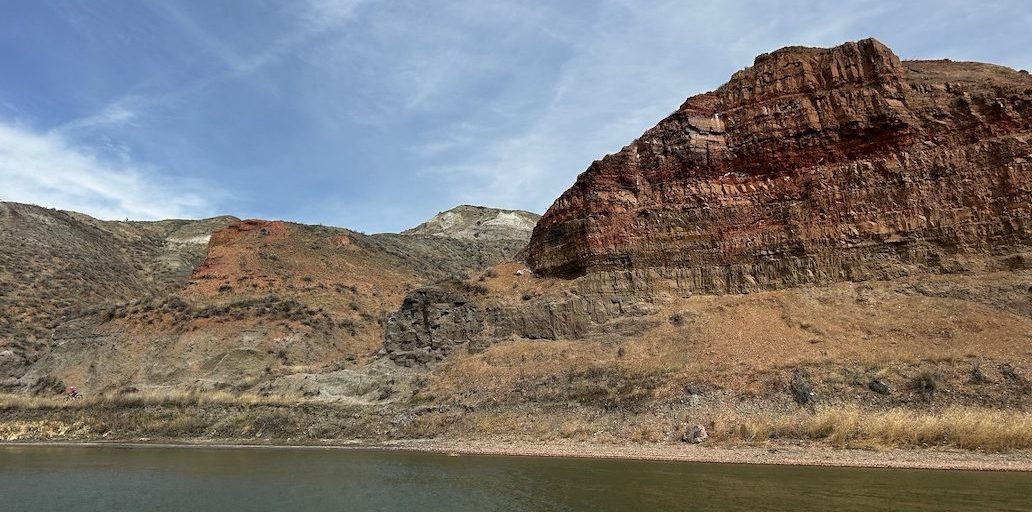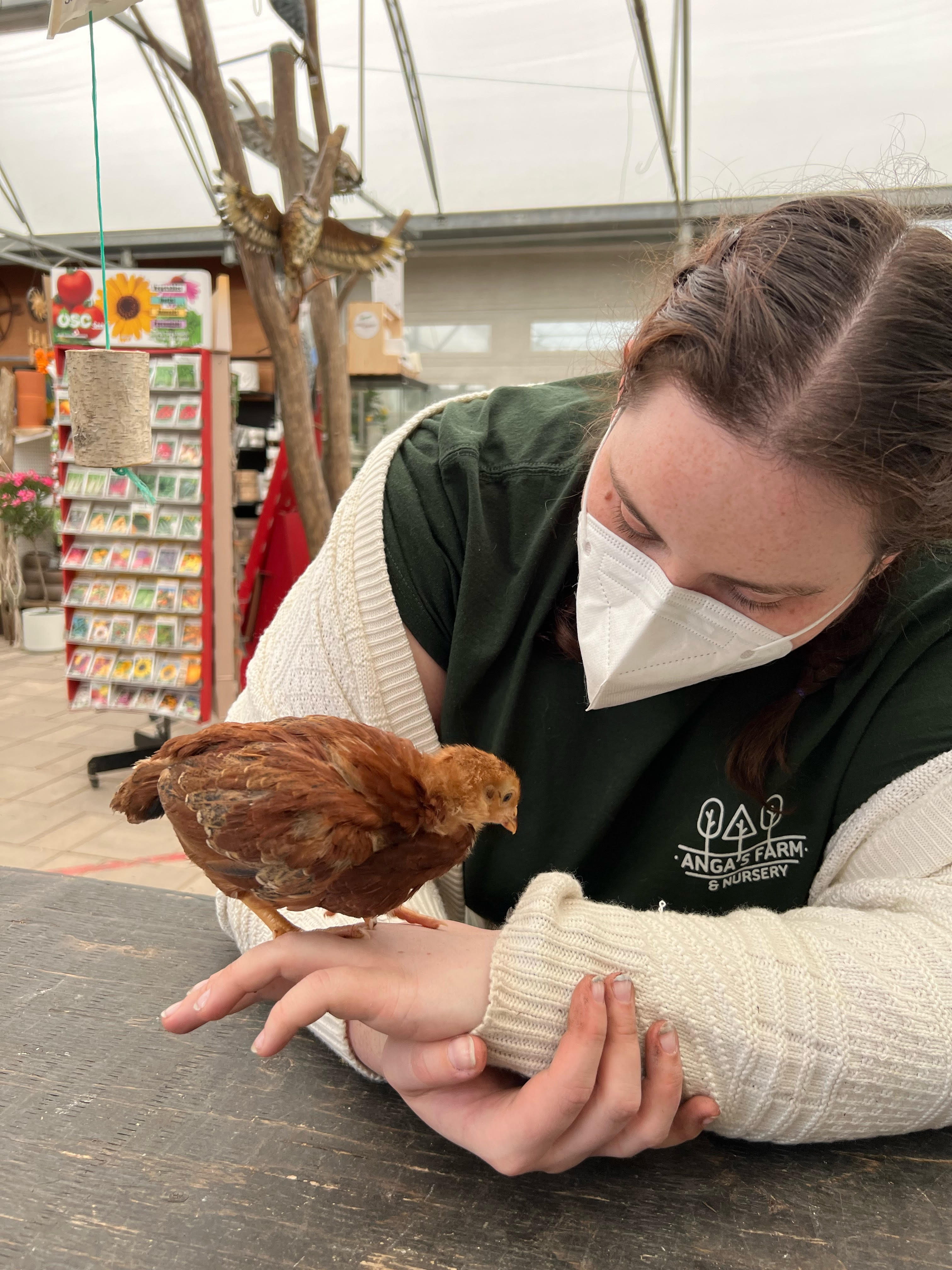Winter Severity Index
My research aims to bridge this knowledge gap by investigating the factors driving deer harvest fluctuations in Alberta. Specifically, we will develop a WSI tailored to Alberta’s diverse conditions, providing insights into winter severity’s impact on deer populations. Additionally, we will explore the potential Hydra Effect—a phenomenon where harvests stabilise populations through density dependence and harvest interaction—anticipating its presence in our data.
By integrating data from the Government of Alberta, Forestry and Parks, and satellite weather data, we will assess harvest density responses to the WSI and analyse the influence of varying hunting pressure on harvest. This research holds significant implications for wildlife management and conservation in Alberta, offering valuable insights into deer conservation strategies.
2025 Update:
Kathryn Vaughan (funded by NSERC, APOS, ACA, and SCI-NAC) successfully defended her MSc thesis in January 2025 under the supervision of Dr. Mark Boyce at the University of Alberta. Her research examined the effects of winter severity and hunting pressure on Alberta’s White-tailed deer (Odocoileus virginianus). Using hunter survey and satellite weather data, she employed generalised linear models and time-series analyses to assess trends in abundance, as well as to develop a Winter Severity Index (WSI) that can be used by management across the province. She also investigated the Hydra Effect and the use of hunting as a management tool and found that areas with higher harvest on average were correlated with higher hunter success and therefore higher abundance of deer. Kathryn plans to publish her findings in collaboration with Dr. Boyce in the Wildlife Society Bulletin (Chapter 1) and the Journal of Applied Ecology (Chapter 2).

